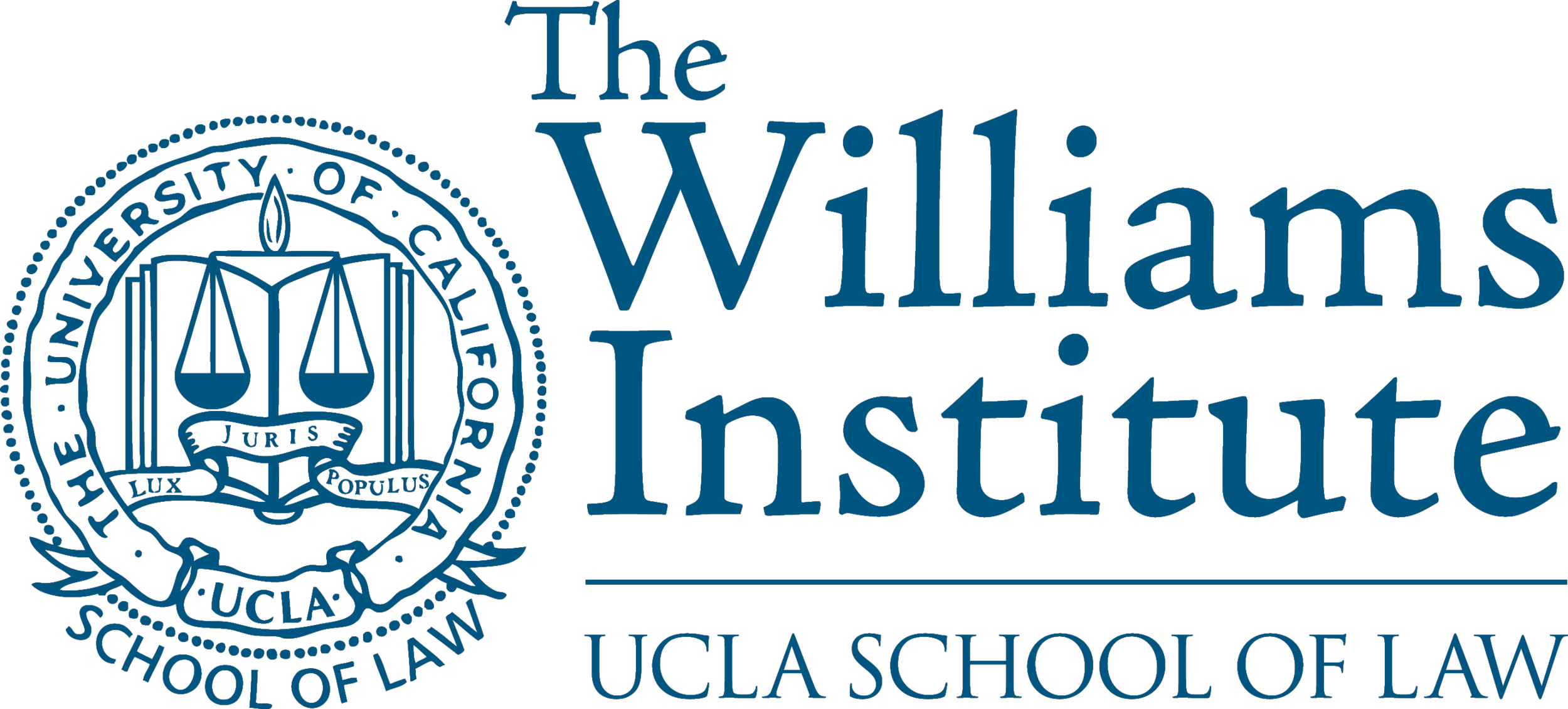Medical Xpress
by Jennifer Mcnulty
September 12, 2018
UNIVERSITY OF CALIFORNIA, SANTA CRUZ
Only 4 percent of sexually active gay and bisexual men in the United States use Truvada, a highly effective medication used to prevent the transmission of HIV, according to the results of a first-of-its-kind study.
Led by Psychology Professor Phillip Hammack, the study, "HIV Testing and Pre-Exposure Prophylaxis (PrEP) Use, Familiarity, and Attitudes among Gay and Bisexual Men in the United States: A National Probability Sample of Three Birth Cohorts," was published Sept. 7 in the journal PLOS ONE.
Truvada is a once-a-day prescription medication used to reduce the risk of HIV infection; it is the only FDA-approved form of pre-exposure prophylaxis, or PrEP, which is recommended by the Centers for Disease Control and Prevention (CDC) for those at high risk of HIV/AIDS.
"The extremely low rate of PrEP use, while not surprising given barriers to access in various parts of the country, is disappointing," said Hammack.
For the full article click here


















